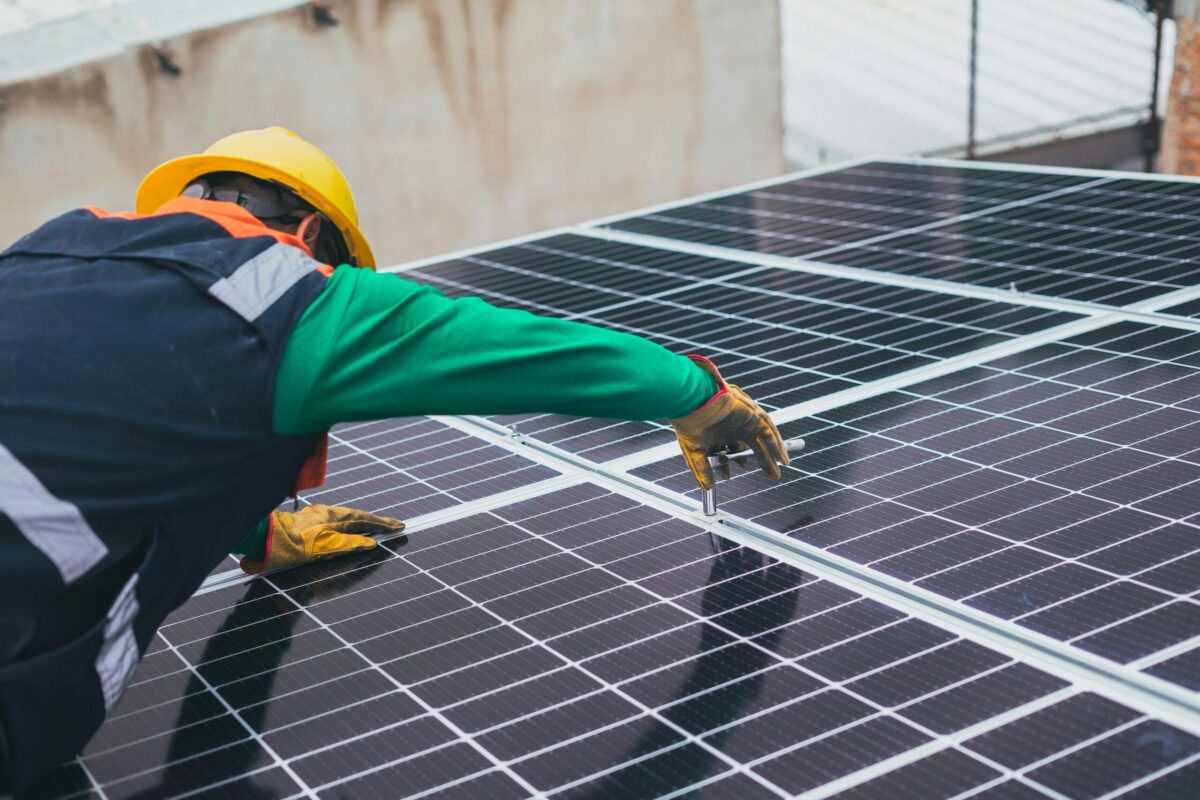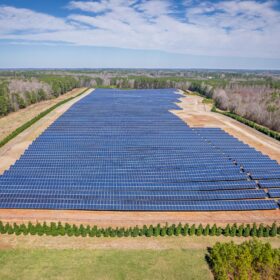The Massachusetts-based Solar Technical Assistance Retrofit (STAR) program is entering its third phase with a goal to support the development of 3 MW of low-income housing solar.
Launched by Resonant Energy, the Boston branch of Local Initiatives Support Corporation, and the Massachusetts Association of Community Development Corporations, the STAR program offers financial and technical assistance to affordable housing organizations, catalyzing the exploration of solar PV potential and breaking down barriers to adoption.
Over the last two years, the STAR program analyzed the portfolios of 31 affordable housing providers, encompassing more than 900 buildings. In the first two phases of the program, housing providers have committed to a total of 4.9 MW of solar photovoltaic (PV) across 113 rooftops, which is more than 20% higher than the program’s initial goal. These projects represent nearly $11 million in lifetime savings for owners and reduce carbon emissions equivalent to taking 879 cars off of the road.
One of the unique challenges that has made adding solar difficult for affordable housing developers in the past is the coordination of the review and consent process with all of the lenders and investors affiliated with their sites. The campaign organizers have been working with these parties to help streamline this process and have built extra staffing time into the process to help alleviate this burden on developers hoping to take the next step toward clean energy.
As the application period for the third phase of the program kicks off, some of the first projects from phase one have been installed and are beginning to produce power. More than a dozen phase one projects are scheduled for construction this spring.
In the second phase of the program, STAR supported seven nonprofit housing owners with successful funding applications to the Department of Environmental Protection Gap Energy Grant program, leading to $1.2 million in grant funding for solar and storage across the state.
“Without the expert assistance and flexible financing options through the STAR program, a shift of this magnitude would have been extremely difficult for us,” said Rafael Mares, Executive Director of The Neighborhood Developers (TND). “The STAR program provided the perfect opportunity for us to transition more than a dozen buildings in our portfolio to using and producing sustainable energy.”
Now in its third phase, STAR will provide another 10 organizations with grants to perform solar feasibility studies with support from the Massachusetts Clean Energy Center’s EmPower Massachusetts program and from the Jampart Charitable Trust. The phase three campaign has a goal of developing 3 MW of additional solar, leading to $250,000 in annual bill savings and $6 million over lifetime operations of the solar projects. One participant will be selected as a pilot to include battery storage to support future iterations of the program.
STAR will also be working with the Boston Housing Authority to analyze their portfolio’s PV potential and overcome legal, financial, and technical barriers to adoption. Findings and successful strategies from the analysis will be shared with all housing authorities in the state.
“Deploying solar energy is critical to meet the Boston Housing Authority’s goals for shifting to all-electric, healthy, sustainable buildings,” said BHA Chief of Staff Joel Wool. “Generating clean power at home will put public housing tenants at the forefront of the energy transition.”
The additional scope of work included in the Boston Housing Authority research is made possible by a generous donation from the Lauenstein Family Fund.
Efforts in this round of the STAR program will be supercharged by energy equity goals embedded in the Inflation Reduction Act. The policy now institutes a 30% investment tax credit value as a baseline for 10 years, with most affordable housing developments being eligible for at least 40% to 50% with energy community and domestic content credit-adders.
The policy creates options for nonprofits and public entities to receive cash in lieu of a tax credit for the first time since the 1603 Grant program (active 2009 to 2012) via the new policy’s “direct pay” provision.
(Read: “50 states of solar incentives: Massachusetts“)
“The Treasury has been directed to issue the final details of the Inflation Reduction Act in February 2023,” said Isaac Baker, Co-CEO of Resonant Energy. “We have already seen a dramatic uptick in interest in solar PV and expect interest to spike even further as the final rules come out and implementation begins. The savings estimates we’ll make in the coming year will likely nearly double anything we’ve seen in prior years.”
Housing providers interested in participating in phase three can apply here by Feb. 28, 2023. The STAR team will hold live office hours on Feb. 14 at 3:00 p.m. EST as an informational session.
This content is protected by copyright and may not be reused. If you want to cooperate with us and would like to reuse some of our content, please contact: editors@pv-magazine.com.









By submitting this form you agree to pv magazine using your data for the purposes of publishing your comment.
Your personal data will only be disclosed or otherwise transmitted to third parties for the purposes of spam filtering or if this is necessary for technical maintenance of the website. Any other transfer to third parties will not take place unless this is justified on the basis of applicable data protection regulations or if pv magazine is legally obliged to do so.
You may revoke this consent at any time with effect for the future, in which case your personal data will be deleted immediately. Otherwise, your data will be deleted if pv magazine has processed your request or the purpose of data storage is fulfilled.
Further information on data privacy can be found in our Data Protection Policy.